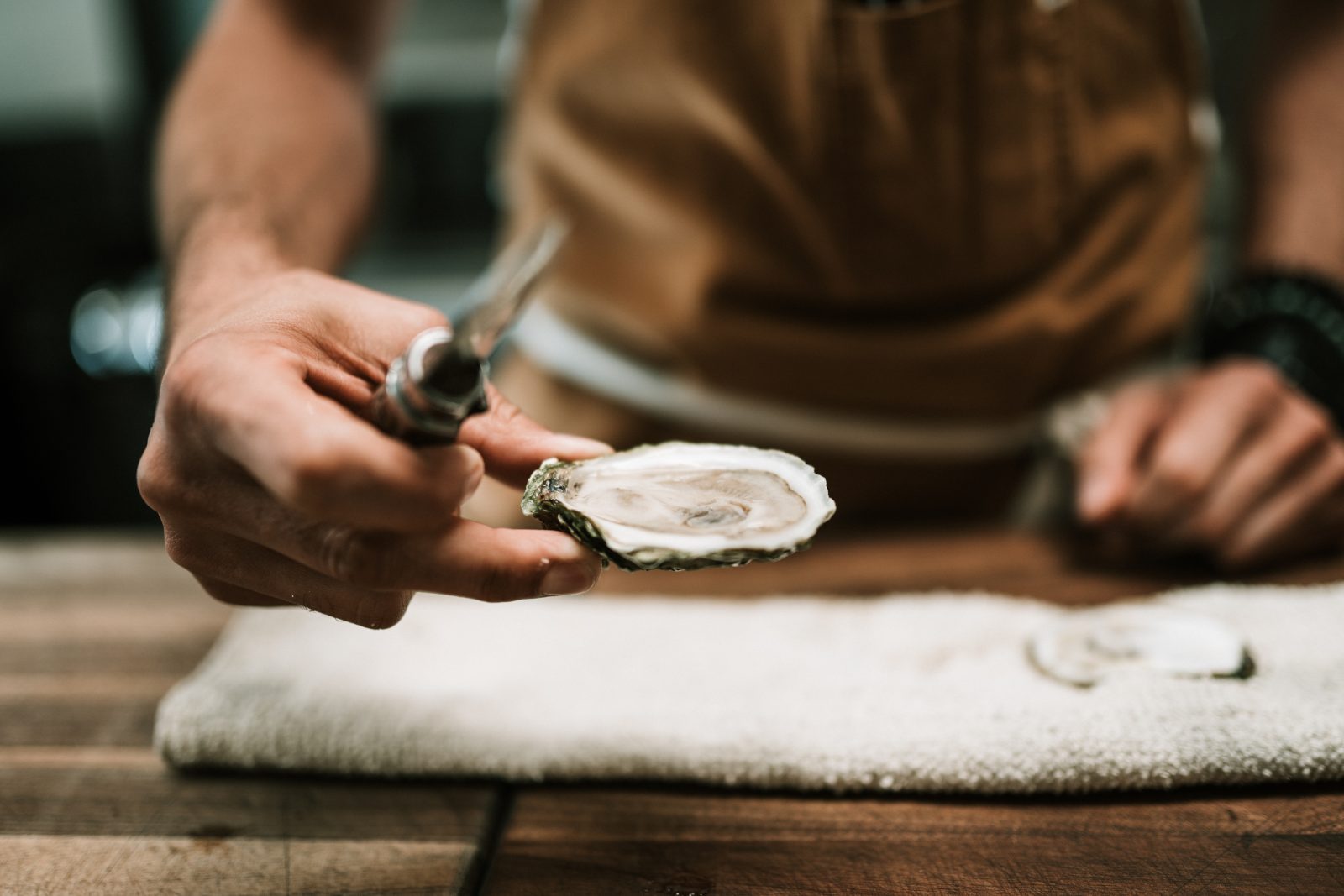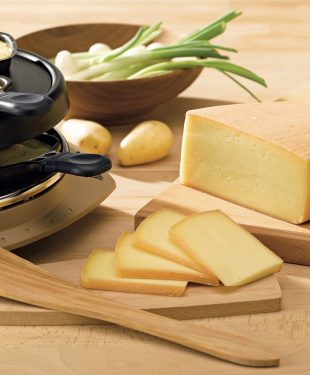
Fertility Diet: Foods to eat and avoid. Fertility and diet are much under debate. Do diet and food really influence fertility? It is definitely an important question for those who are keen to improve their chances of conception. Before beginning, let us first clear our minds that foods are sources of nutrition and offer many health benefits.
There is no specific fertility booster food but food. However, a more balanced diet improves physical health and reproductive health. Food is a great way to cover up nutritional deficiencies that might possibly suppress fertility in both men and women.
Foods To Avoid
Avoiding foods that can affect fertility is equally important. There are certain food sources that have a bad pact on fertility. If you are really looking to boost your fertility, then you should deliberately look to avoid these foods.
1. Excessive Alcohol
Excessively consuming alcohol can influence fertility in many ways. In women, it is directly linked with ovulation complications, disturbance in the menstrual cycle, and imbalance in hormones. This makes it difficult to conceive. Alcohol also affects semen health in men.
In order to overcome these alcohol-induced fertility issues, it is better to look for a community care program that might help you out. You may find numerous options around you. For instance, if you are looking for addiction treatment options in Florida, then you may find plentiful options around you.
2. Mercury-Rich Fish

Photo by Milos Prelevic on Unsplash
Mercury has harmful effects on fertility in both men and women. In men, excess amounts of mercury can result in declined quality and quantity of semen. Women can face issues such as PCOS, imbalance in estrogen levels in women.
It is better to avoid mercury-rich fish such as catfish, swordfish, king mackerel, and flake. You can replace it with fatty fish, which is a healthier option for you in order to boost fertility.
3. Refined Carbohydrates
It is better to avoid refined carbohydrates, especially if you aim to boost fertility with diet management. Experts usually ask women to shrink the portion of carbs in their diet to less than 45% in order to treat PCOS.
4. Caffeine
Excessive amounts of caffeine might interfere with estrogen production in women. Caffeine also directly influences various other factors such as ovulation, women’s fertility years, and menstrual cycle. Therefore, we drink coffee in a limited amount.
Healthy Food Options To Boost Fertility
Healthy and well-balanced diets are extremely useful ways to be at your best. It helps to attain the ideal weight and make up for nutritional deficiency that might be the possible cause of infertility. Let us see what foods are actually helpful in boosting fertility.
1. Sunflower Seeds

Photo by engin akyurt on Unsplash
Sunflower seeds are actually super seeds. Rich in vitamin E and antioxidants, these are a great source to boost fertility in both men and women. Good amounts of selenium and folate make it very beneficial for those who have fertility issues.
There are many ways to add them to your diet. You may even experiment with new ways to bring change and add more flavor to your routine food. Sprinkling sunflower seeds over salads is a good option. You may also add crushed sunflower seeds to butter, making sunflower seed butter.
2. Citrus Fruits
Not only are these extremely rich natural sources of Vitamin C, but these also containing polyamine putrescine. Many animal studies support the role of polyamine putrescine in improving egg and semen health. Oranges, grapefruit, and lemon are some common and widespread citrus fruits.
You may take it in any form. You can directly eat fruit or take it in the form of juice. However, be cautious as grapefruit juice might interact with certain medications. If you are on medications, it’s better to consult your doctor about it.
3. Mature Cheese
Mature cheese is another rich source of polyamines. In order to get more polyamine through diet, you can add mature cheddar or parmesan cheese to your diet. Studies support that polyamines not only improve sperm health but also improves egg health and quality for women beyond 35 years of age.
There are numerous ways a person can add cheese to his diet. Be careful as cheese, on the one hand, is rich in saturated fats, and on the other hand, it is loaded with calories.
4. Full Fat Dairy

Photo by mohamed hassouna on Unsplash
Full-fat dairy products are full of healthy saturated fats. It is good for fertility and pregnancy as these, in addition to healthy fats, are also rich sources of fat-soluble vitamins such as Vitamin A, E, D K, and K2. The findings of a Harvard Study show that those women who are in the habit of taking full-fat dairy faceless ovulation complications as compared to those who habitually take low fat or skimmed milk and other dairy products.
Common examples of full-fat dairy items are whole milk, cheese, and cream. Women who take skimmed should switch to whole-fat dairy milk and whole dairy products.
5. Oysters
These are nutritious and again wonderful food sources to boost fertility for your fertility diet. These are packed with all nutrients that are fertility boosters. Taking about six oysters provides about 139 calories and provides tremendous amounts of nutrients and minerals with such a low-calorie count. Taking about six oysters provides zinc, selenium, vitamin B12, and iron more than that of the daily requirement. Raw or baked, you may take it any form as you desire.
6. Pineapple
It is a delicious fruit, which can help to boost fertility. Consuming about a cup of pineapple provides about 46% of the daily required amount of Vitamin C. Furthermore, studies have shown that consistently consuming pineapple for five days after ovulation can help in successful embryo implantation.
Bromelain is a natural enzyme found in pineapples, and it has anti-inflammatory and anti-coagulation properties. A high degree of inflammation in the body suppresses the natural ovulation process. Consuming pineapples helps to counteract this issue.
Take Away
For a great fertility diet, these foods play a vital role by providing us with nourishment and supporting development. Food even plays a major contribution in attaining specific health outcomes such as boosting fertility.
Read more lifestyle and health articles at ClichéMag.com
Images provided by Flickr, Unsplash, Pexels, Pixabay & Creative Commons
The post Fertility Diet: Foods to eat and Foods to Avoid appeared first on Digital Online Fashion Magazine | Free Fashion Magazine | Fashion Magazine Online.
0 Commentaires